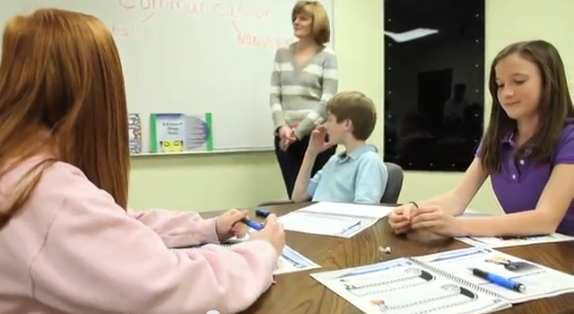
Testing time has once again arrived. A time of year that requires students from elementary through graduate school to demonstrate the knowledge they have gained. For some, this is a simple task that requires a bit of review, but for others, an assessment can be quite an uncomfortable ordeal.
Most people feel some degree of stress before and during evaluations such as tests or presentations. Some stress is needed to find the motivation to study and sustained attention to perform well. Too little stress results in low motivation and a relaxed state during studies and test taking. Too much stress results in panic and avoidance, or anxiety. Anxiety related to tests is called test taking anxiety. Some symptoms of test taking anxiety may include: avoidance of studying or school, extended time required to complete tasks or tests, difficulty with sleeping, physical discomfort before or during the task, distractibility, agitation, lack of confidence, indecision, anger, and fear of failure.
Here are some ways to decrease test taking anxiety:
- Recognize the anxiety. Changes in behavior or emotions may occur with anxiety. Agitation, anger, sadness, tearfulness, avoidance, inattention, physical complaints, fear of failure, apprehension, and difficulty with sleep may be observed as tests approach.
- Offer support. Offering to listen to concerns and sharing in the worry can be helpful to those who are worrying. Rather than offering solutions, asking, “How can I help?” may be more effective at easing stress.
- Self-care. Regular sleep schedules, healthy eating, and regular exercise can help control anxiety.
- Coping strategies. Relaxation, developing a study plan, and avoiding negative thinking can help reduce anxiety.
- Comfort with material. Understanding the expectations of the assessment as well as the materials can ease anxiety. Feeling comfortable with the material can be achieved through study and organizational skills.
- Know when to get help. If the anxiety reaches a point where it is interfering with ability to enjoy aspects of life or complete tasks appropriately, professional supports may be helpful. In addition to individual sessions, 3-C Family Services also offers a group focusing on skill development for academic success.
Dr. McCabe is a therapist at 3-C Family Services who specializes in anxiety, depression, ADHD, and disruptive behaviors.



